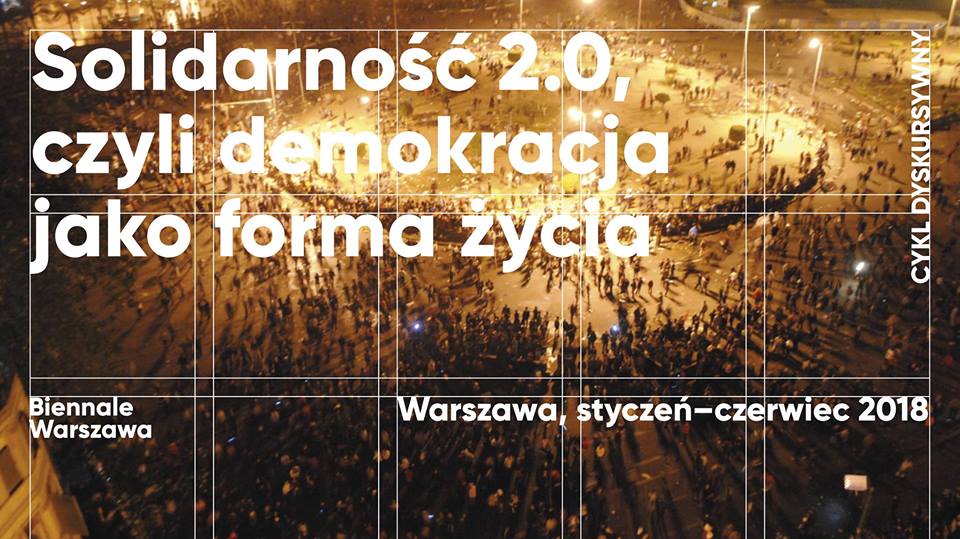Technologies (for) democracy: opportunities, challenges, threats
The talk with Maria Świetlik and Marcin Koziej will be led by Jan Sowa

A rapid development of information and communication technologies in the last half-century has brought ambivalent social and political consequences. On the one hand, we have gained not only new tools of political mobilization to support democratic culture, but also a new sphere of struggle for common goods. Disputes around the so-called intellectual property rights (and monopolistic practices related with them), public domain, fair use or patenting algorithms regularly exceed a narrow circle of experts and sometimes end up with confrontations on the streets, as was the case in Poland on the occasion of the attempt to introduce ACTA. On the other hand, people are being under surveillance on an unprecedented scale, and the practice of tracking users and obtaining their data used by global corporations – like Facebook or Google – go far beyond the wildest fantasies of George Orwell. Technology itself is not responsible for any of these excesses, it is neither good, nor bad, nor neutral – it just is. Without our imagination and determination, it will not automatically be a tool in the struggle for emancipation and an element of a radically democratic political organization, but it will rather become a means of supervision and control.
| Data | Czas | Tytuł | Miejsce | Wstęp |
|---|---|---|---|---|
|
June 12 2018
, 18:00
Tuesday
|
18:00 |
Technologies (for) democracy: opportunities, challenges, threats |
Biennale Warszawa 29A Mokotowska Street (MO29A) |
Free entry |